Keywords: Economic Growth
There are more than 200 results, only the first 200 are displayed here.
-

ENVIRONMENT
- Greg Foyster
- 31 March 2017
5 Comments
About 40km from Warrnambool in south-western Victoria is Australia's first demonstration site for storing carbon dioxide pollution deep underground. In photos, it doesn't look like much - a few water tanks, sheds and pipes in a brown paddock - and yet plans to meet the internationally agreed climate change target are betting on the success of projects like this. This isn't a fringe strategy anymore. It is a big part of the mainstream, politically preferred approach to address global warming.
READ MORE 
-
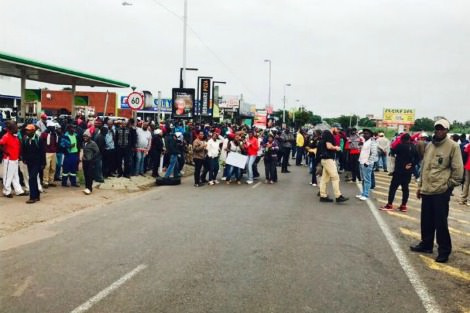
INTERNATIONAL
- Munyaradzi Makoni
- 28 March 2017
1 Comment
Life is back to normal a month after residents of Mamelodi in South Africa marched from on the Home Affairs offices in protest over criminality among immigrants. Now, there are calls for closer re-examination of the action, which many see as threatening peace in one of Africa's biggest economies. 'If drugs and crime were really the issues, it should have been billed as an anti-drugs, anti-crime march, not an anti-foreigner march,' said Johan Viljoen of Jesuit Refugee Service.
READ MORE 
-
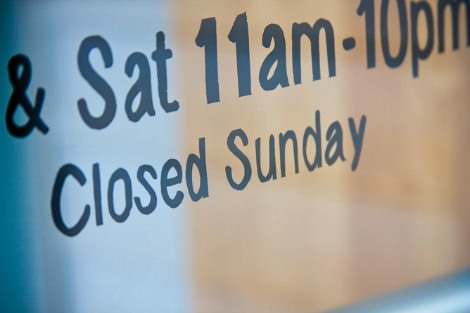
ECONOMICS
- David James
- 07 March 2017
17 Comments
Witnessing the debate over Sunday penalty rates, an intriguing pattern of thinking emerged. It can be characterised as a microcosm/macrocosm duality. Those arguing for lower Sunday wage rates demonstrate their case by talking about individual businesses, the micro approach: 'Many businesses would love to open on a Sunday and if wage rates were lower, they would. Unleash those businesses and greater employment will follow.' Superficially impressive, this does not survive much scrutiny.
READ MORE 
-

AUSTRALIA
- Michael Walker
- 20 February 2017
20 Comments
The presidency of Donald Trump should bring a renewed focus on the dangers of unbridled capitalism. The Catholic Church has a rich trove of teachings on the subject that have been missing in action for the past 30 years. Now is the time for a well-articulated Christian message addressing such issues as widening wealth inequality fuelled by stagnant wage growth, the privatisation of public services, the financialisation of the economy (which fuels both of those trends), and tax justice.
READ MORE 
-

AUSTRALIA
- Andrew Hamilton
- 14 February 2017
19 Comments
In itself inequality is not harmful. It is part of the diversity proper in any human society. But the inequality that is now in question is toxic because it is extreme when measured by any scale, and because it is programmed to increase. It is self-perpetuating and self-intensifying. The increase of wealth of the few entails the marginalisation and impoverishment of others. Inequality is the enduring root and not the transient blossom of the plant of social division.
READ MORE 
-
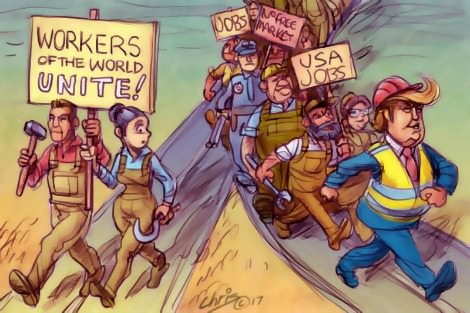
INTERNATIONAL
- Colin Long
- 10 February 2017
15 Comments
Much commentary on Trump's victory has veered between two explanations: either there is large proportion of the electorate with 'deplorable' attitudes to women and minorities; or economic dislocation has produced an angry white working class eager to punish political elites. These explanations are not mutually exclusive. The willingness to ignore or welcome Trump's misogyny is a symptom of the undermining of a deep sense of masculinity that, for some men, is their primary identity.
READ MORE 
-
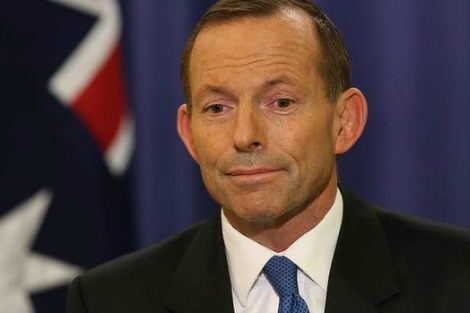
AUSTRALIA
- Mark Hearn
- 31 January 2017
6 Comments
2016 was a bumper year for the political double down. Journalist Mark Kenny witnessed a dramatic manifestation: 'Mr Abbott was seen to double down on his recent indirect messaging to Mr Turnbull about a possible return to the frontbench.' A combined 'double down with indirect messaging': perhaps a uniquely Abbott adaptation. Doubling down - otherwise known as repeating yourself - is the public language of aggressive redundancy, drowning out alternative voices and ideas.
READ MORE 
-

INTERNATIONAL
- Catherine Marshall
- 25 January 2017
30 Comments
No-one doubted Trump's ascendancy would deeply fracture the world as we know it. But few of us could have anticipated the swiftness with which his orders would impact some of the world's most disadvantaged citizens: vulnerable, impoverished women. With just one signature, the newly-installed president snatched from these women access to services that are essential to their physical and mental wellbeing and their economic prospects - and, in so doing, endangering countless lives.
READ MORE 
-
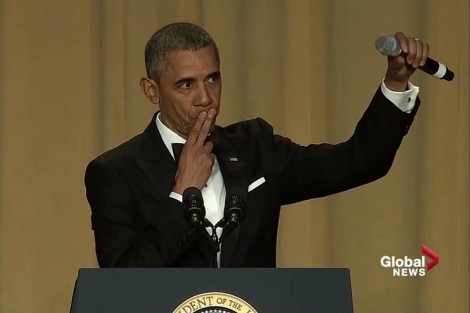
INTERNATIONAL
- Andrew Hamilton
- 18 January 2017
12 Comments
In an otherwise sombre start to the year Barack Obama's final speech has been a shining light. He celebrated what he saw as the successes of his administration without sneering at his political opponents. He spoke graciously and decently, and evoked hope for the future. Obama is right in insisting that empathy is the necessary starting point for reconstructing a broken economic framework. It enables a global perspective from which the good of individuals and groups is set within the flourishing of the whole community, and especially the most disadvantaged.
READ MORE 
-
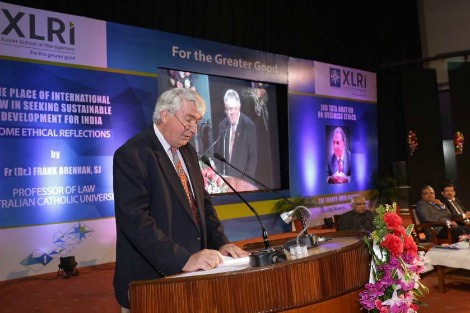
ENVIRONMENT
- Frank Brennan
- 02 December 2016
9 Comments
Neither India nor Australia can go it alone when confronting a global issue such as climate change. India cannot disregard the effects on other nations when it adopts laws and policies for alleviating the poverty of the poorest of the poor. Australia cannot disregard the effects on other nations when it considers restricting the availability of resources for export such as coal which might help provide electricity for the world's poorest citizens.
READ MORE 
-

ENVIRONMENT
- Frank Brennan
- 28 November 2016
'No matter what the economic, political and legal problems confronted by modern day India, our response can be improved by an application of the key principles and norms developed in the international law of trade and human rights, helping to enunciate the realm of law, regulation and political accountability, enhancing public scrutiny providing the right environment for doing business.' Frank Brennan presents the 25th JRD Tata Oration, Xavier School of Management, Jamshedpur, India, 26 November 2016.
READ MORE
-
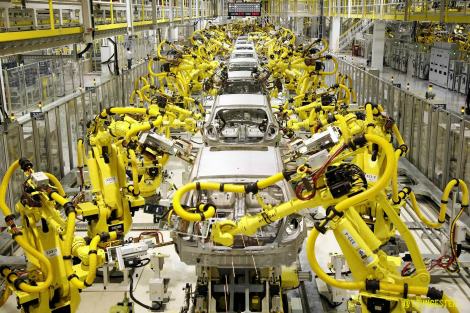
ECONOMICS
- David James
- 21 November 2016
9 Comments
The idea that machines will replace humans, transforming the work force, is far from new. As technology develops at an accelerating pace, there is growing concern that new social divisions are emerging. While there are signs of deepening social divisions between the rich and the rest of the working population, previous predictions of a collapse in employment have proven to be wrong. This is largely because a confusion arises from conflating production and transactions. They are not the same thing.
READ MORE